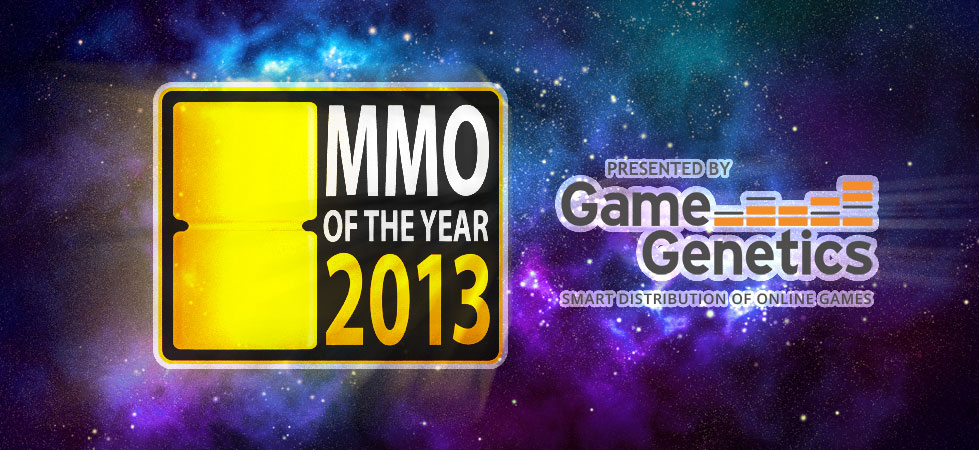Homemade adventures: better MMORPGs thanks to user-generated content
06/04/2013
Most MMORPGs are limited in content. After every mission is completed and all demons are killed players face what's called the end game. Some developers are more creative than others but too often this means trying to find rare items in the same sieges or gigantic raids or to help your guild to gain control of certain territories while you wait for the next content update. It's not uncommon that the end game makes the difference between a successful MMORPG and one that fails. Because if players are getting bored sooner or later they they are going to look for something else.
To any developer of an MMORPG the benefits of user-generated content should be obvious
Dungeons & Dragons: Neverwinter started open beta in April. Fans were looking forward to explore the world of Forgotten Realms and to save the city of Neverwinter from the evil hordes. But what about end game? Cryptic Studios, the makers of Neverwinter, follow an interesting approach. They ship their game with a tool called The Foundry. With its help players can create their own adventures and share them with others. In theory, the result is a continuous stream of new content supplying players with fresh stuff to keep playing on and on and on.
The most important thing to make this plan work out is a tool that’s easy to use. It should allow anybody to build a small map and to fill it with monsters and NPCs and maybe some story elements too. And it needs to give players sufficient freedom to express themselves. Getting this right can lead to tremendous success. The Aurora toolset included with singleplayer RPG Neverwinter Nights is a good example. With its help players created over 4000 add-ons and even whole expansion packs. And even ten years after its initial release the community still remains active.
In terms of usability The Foundry doesn't need to fear comparison. With just a few clicks you can create a little quest based upon an existing map. Advanced users can build their own maps including cities, dungeons and everything in between and combine them into hour-long adventures complete with an intense story. The Foundry allows you to do virtually everything that can be done in the real game. Additionally it provides an in-game catalog players can use to browse through and launch available user-generated content. And it comes with a rating system that helps with finding the best creations.
To some extend The Foundry has proven itself already. It was first bundled with Star Trek Online before where players have been using it extensively. And looking at the adventures - some of them of exciting quality - that Neverwinter beta players have created so far it seems that people are once again making good use of it.
Still, some people just don't see greater value in the idea of user-generated content. Hardcore fans often prefer official adventures created by the developers strictly matching the background story and the game world. They fear user-generated content could collide with official parts of the game. Quality is another issue. With everyone being able to contribute missions you can not expect them all to be great. In fact you should expect some to be miserable. But in the end all user-generated content is only optional, isn't it?. You don't have to play it.
Whereas to any developer of an MMORPG the benefits of user-generated content should be obvious. With hardcore players racing through any game in record time it's simply not possible to provide enough official content to keep everybody busy. User-generated content is not a replacement for original content, it's a very nice addition though. And while players are working on their own little contributions to the game universe the developer gets some extra time to polish official updates and expansions. Cryptic Studios released Legacy of Romulus for Star Trek Online in March.
Photo: H is for Home

